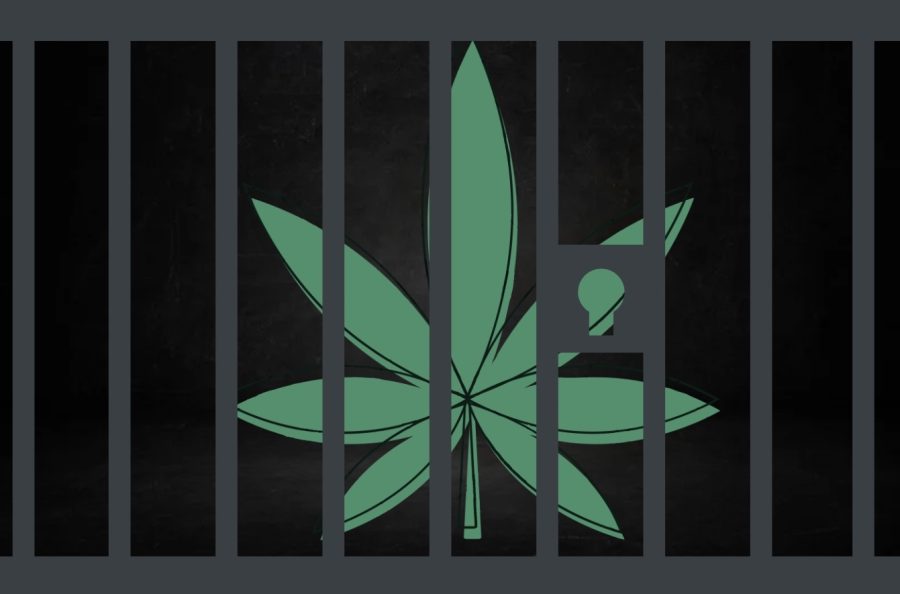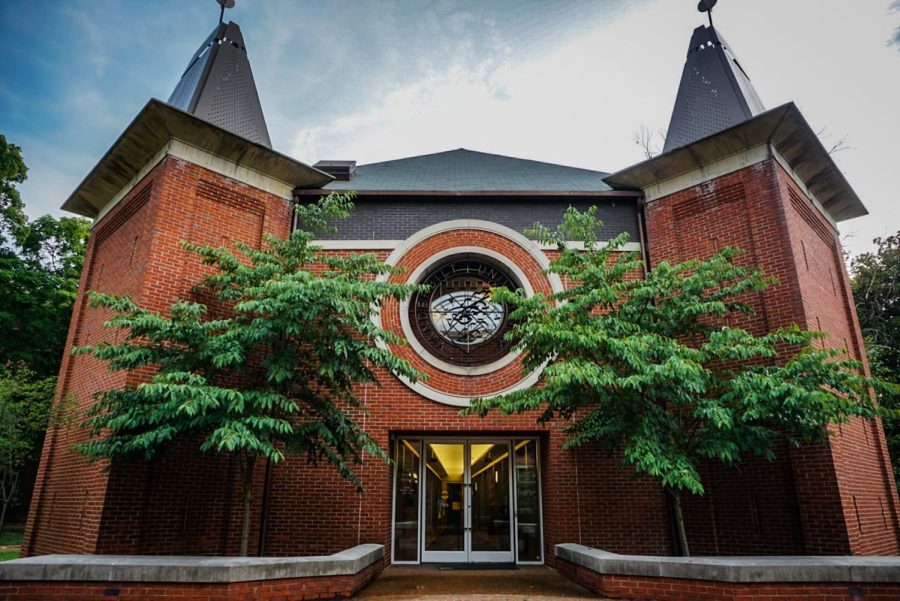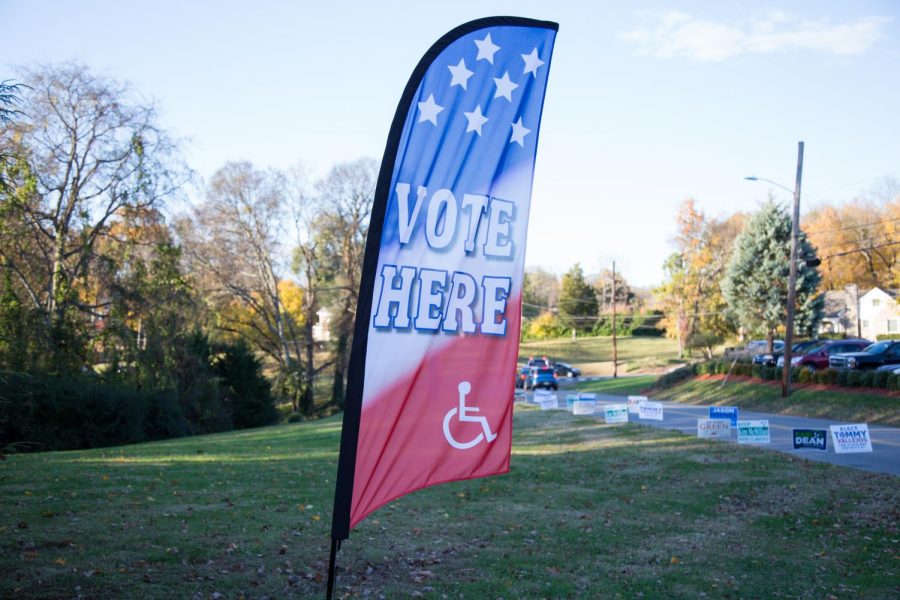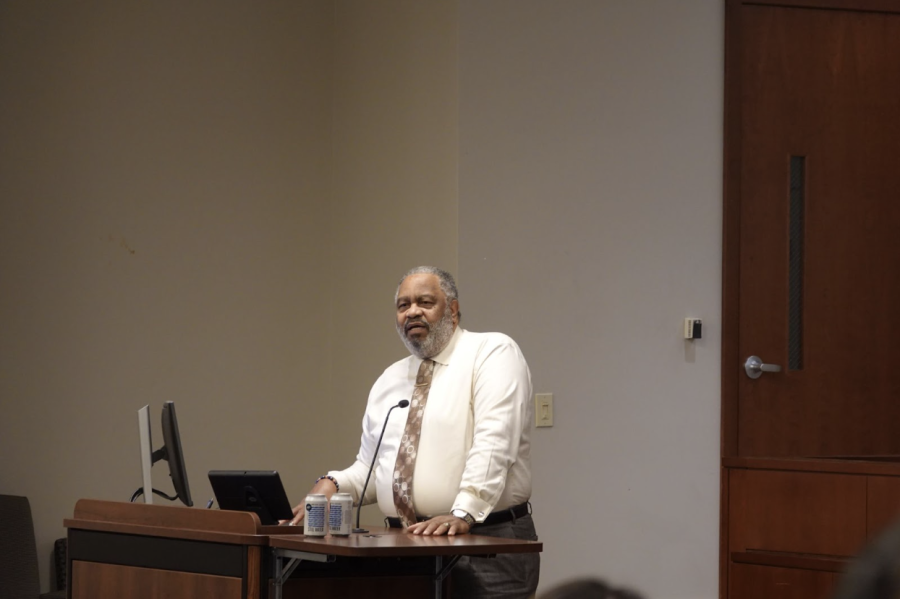UPDATED: This story was updated on Oct. 31, 2022 at 3:45 p.m. CDT to reflect a correction in a source’s title.
President Joe Biden announced on Oct. 6 that he will pardon thousands of individuals convicted of marijuana possession offenses and encouraged governors to follow suit for state-level offenses. Students expressed mixed reactions to Governor Bill Lee’s refusal to make a similar policy change at the state level.
Tennessee is one of 19 states that imposes prison sentences for charges of simple possession of marijuana.
Biden said in a statement that marijuana convictions have ruined “too many” lives, saying that simple marijuana convictions are the root of the problem. He also acknowledged racial inequities in punishments for marijuana conviction charges, landing a disproportionate amount of Black and brown people in jail in the U.S. compared to white people. According to the Drug Policy Alliance, on average, an American citizen was arrested for a marijuana offense every 45 seconds in 2014. That number has since climbed, putting more African Americans in prison than other races combined.
“Criminal records for marijuana possession have also imposed needless barriers to employment, housing, and educational opportunities,” Biden said in the statement.
Vanderbilt College Democrats sent a statement to The Hustler condemning Lee’s inaction on granting pardons to those convicted of marijuana possession at the state level.
“We support President Biden’s efforts to implement his federal pardon within the states, as we believe no one should be in jail for using or possessing simple levels of marijuana,” the statement reads. “The war on drugs has disproportionately affected Black and Brown communities, and Governor Lee’s decision to not pardon simple marijuana possession cases further perpetuates this harmful pattern.”
Senior Alejandro Moncayo, co-president of Vanderbilt Prison Project, sent a statement to The Hustler praising Biden for taking a step at ending the “War on Drugs.” However, he said that he hopes for continued work on this initiative from the federal government.
“This announcement is about precedent and in the frustratingly slow-moving government we possess, that is a very big deal. The issue is still pressing, as state governments hold the keys to freedom for many people on marijuana charges,” Moncayo said. “Regardless, the announcement is more than any other president has done in reversing the damaging and detrimental impacts of marijuana criminalization and the war on drugs overall.”
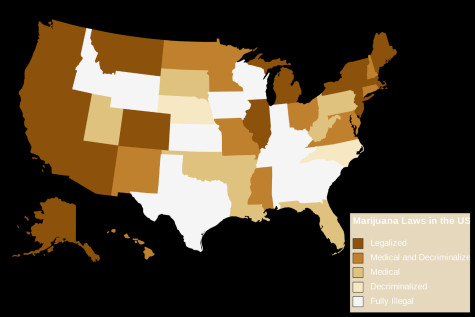
Several other students similarly expressed support for Biden’s decision. Senior Baker Harrington said he views marijuana pardons as an ineffective approach. Harrington is a Navy ROTC midshipman and member of Vanderbilt College Republicans. He stressed that his views are his own and do not reflect those of the Navy.
“[Marijuana pardons] don’t go far enough to remove non-violent convictions from records, nor will the federal pardons release anyone from prison on federal charges,” Harrington said. “As a result, this state’s residents will continue to be harmed by senseless laws that do not impact the public’s well-being.”
First-year Elijah Hernandez disapproved of the governor’s decision, adding that simple marijuana possession is not as severe as selling marijuana in mass amounts.
“I think it is an extremely backward way of thinking not to pardon people who possess marijuana for personal use,” Hernandez said. “It’s another thing to distribute and possess an amount that could be lethal to a single person or have it in a mass amount with the intent of distributing it.”
First-year Nathaniel Amato echoed Hernandez’s comments, describing the imprisonment of individuals for possession of marijuana in Tennessee as “arbitrary.”
“Imprisoning people based on something arbitrary is simply immoral,” Amato said.
Amato also said he believes both Biden’s decision and Lee’s response are politically motivated to appeal to their support bases.
“I think [Biden’s decision] is a political stunt, but overall it’s a good thing. He seems to change things based on what the voters want,” Amato said. “[Lee] also might be trying to appeal to the Republican Party, and a lot of conservatives are against marijuana and the use of it, so it’s very typical to see this response from him.”
Other students said Lee should be praised for refusing to comply with Biden’s request. First-year and VCR member Noah Jenkins said he views Biden’s act as an abuse of pardon power, which he believes should be limited to individual cases.
“I believe the governor is doing a great deed,” Jenkins said. “Besides the fact that pardoning marijuana would send a terrible message regarding how it ought to be treated by society, Governor Lee’s approach is very principled, and I appreciate that.”
VCR President and senior Shane Mumma said he would like to see recreational marijuana use made illegal across the U.S. due to its addictive properties.
“I think federal law should be enforced—and currently, federal law says marijuana is an illegal drug,” Mumma said. “I think marijuana should be illegal for recreational use in America, so I believe Governor Lee declining to pardon people for doing it is the right move.”
First-year Juan Leal also said he disagrees with Biden’s decision, primarily on the grounds that the legality of marijuana possession should be handled in federal courts.
“I believe that though times are changing, it is also not correct that President Biden is issuing a pardon to those with a charge of simple marijuana possession; it is to a certain extent, still a crime,” Leal said.

